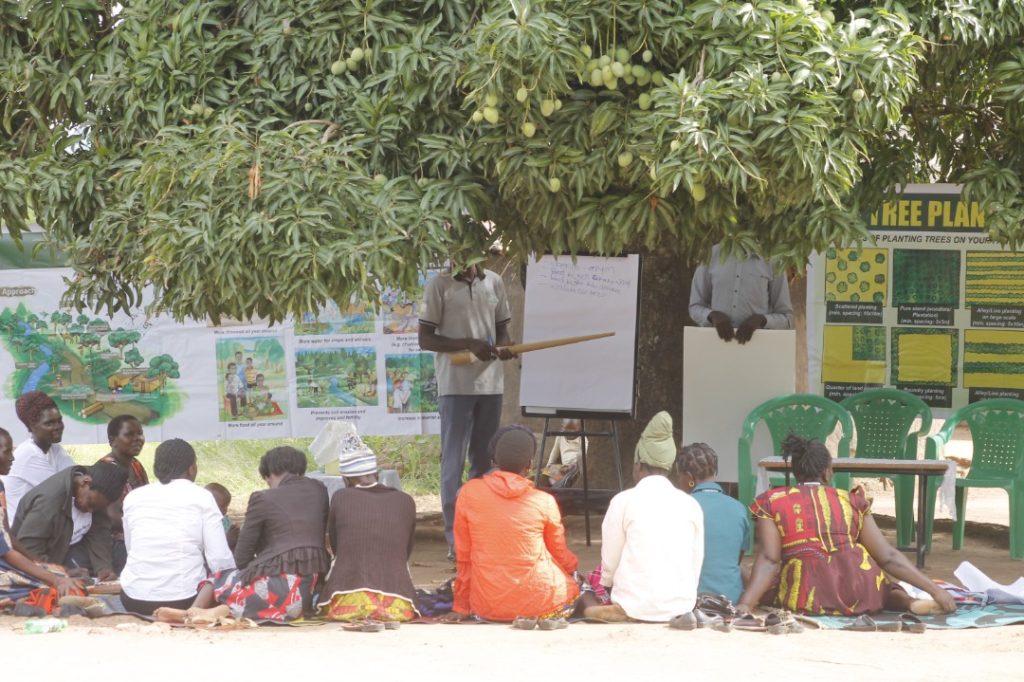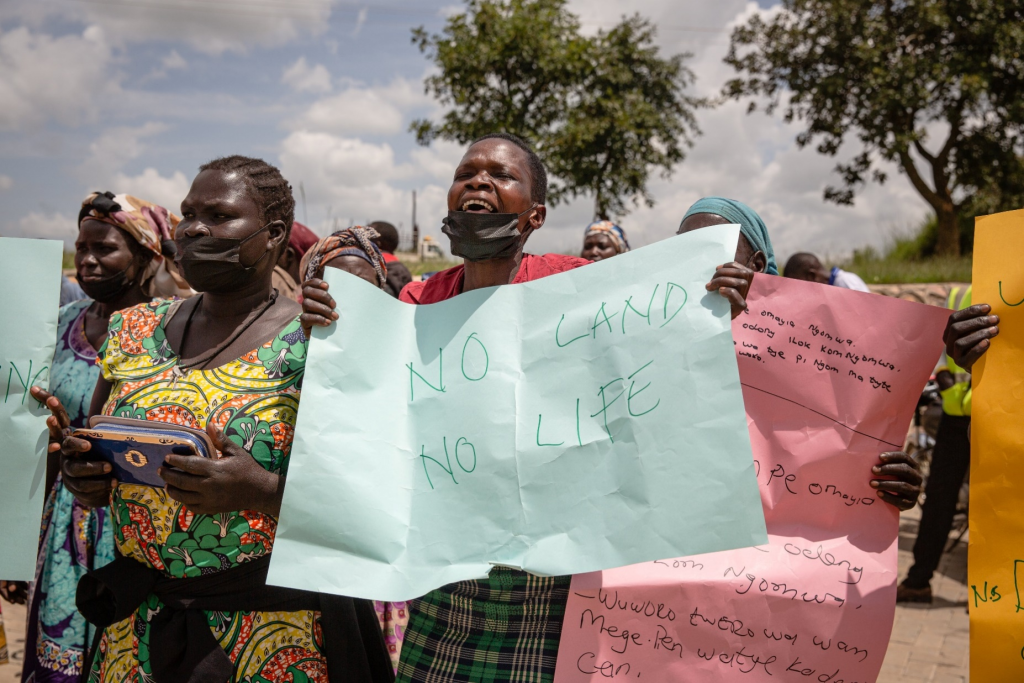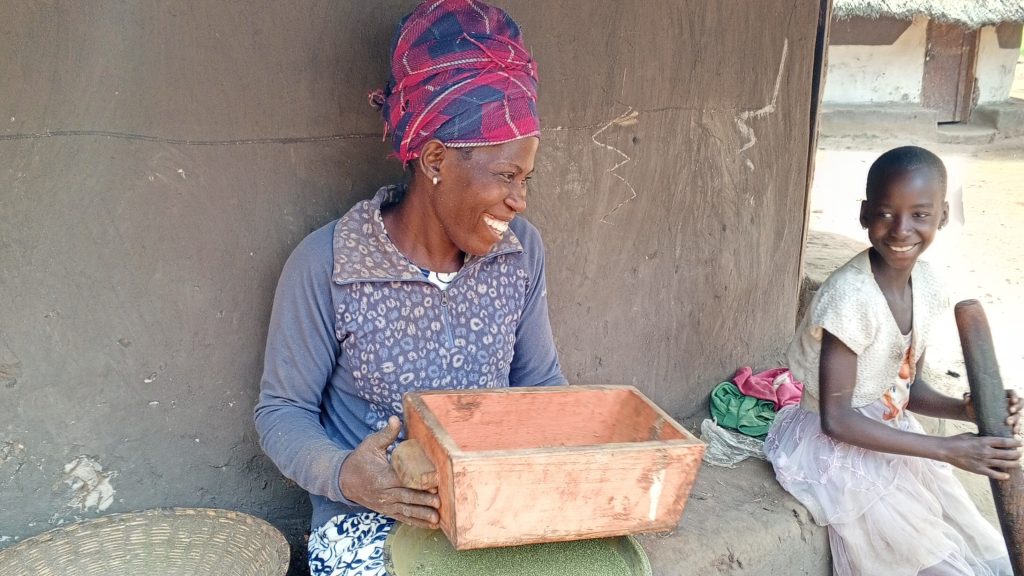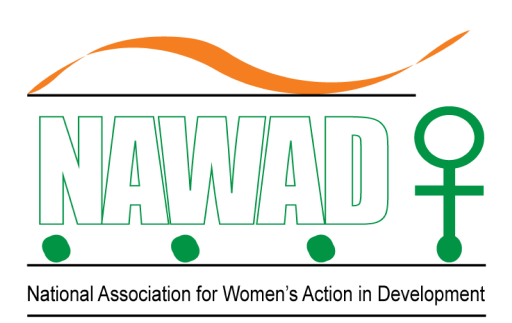Agriculture remains the most important source of livelihood for rural communities in Uganda. The majority of the households are engaged in subsistence agriculture as their main occupation. These farmers grow crops mainly for food and sell the surplus. They cultivate and plant their crops on small pieces of land and use rudimentary tools for clearing the land, planting and harvesting – a hand hoe and a panga are common tools to every household. Through Government strategic interventions, there is a growing orientation towards commercial agriculture for instance, the Parish Development Model whose goal is to increase household incomes and improve quality of life of Ugandans with a specific focus on the total transformation of the subsistence households (both on-farm and off-farm, in rural and urban settings) into the money economy, as well as eradication of poverty and vulnerability in Uganda.

Whereas the modern farming methods are known to mature fast and yield highly compared to traditional seeds, the latter are known to be more nutritious, have a relatively long shelf life and are resilient to pests and diseases. Despite the advantages and benefits that accrue from the traditional methods of farming [agroecology], which is known to be the best practices towards sustainable agriculture, Government focuses on supplying the hybrid and providing extension services that are inherently promoting modern farming.
In efforts to strengthen the capacity of the grassroots eco-feminist movement to develop and implement environmentally sustainable agricultural practices for women’s economic rights and climate change mitigation and adaptation in Nwoya district, NAWAD is implementing a project, Promoting Community Women-led Climate Justice Solutions in Agriculture (PROCOWCA) is a three-year project (2021/2024) funded by the Global Fund for Women. PROCOWCA aims to ensure food security, increased household income, climate change adaption, and mitigation in communities of Nwoya district. To achieve this, NAWAD is targeting forty (40) women groups (600 women smallholder farmers) to contribute to;

- Changes in awareness and agency so that women and girls have a greater knowledge and sense of entitlement to their rights and the ability to empower other women and girls in realizing their rights.
- Changes in access to resources, services and power such that women and girls have equal access to high quality, affordable and appropriate services and the right to own land and access to natural resources.
- Changes in policies and laws so that laws and policies that advance and protect women’s rights are passed, implemented, maintained, and enforced.

How we do it?
- Strengthening the advocacy and leadership capacity of women smallholder farmers through training and mentorships to influence development policy and engage in public debated on women's and climate issues at local and national levels.
- Awareness building to enhance knowledge on agroecology, climate change adaptation, land rights, that helps them to identify/engage with local power structures and enable them to influence policy change and improved service delivery.
- Strengthening economic muscle for women groups through supporting them to establish green-micro projects to promote sustainable livelihoods.
